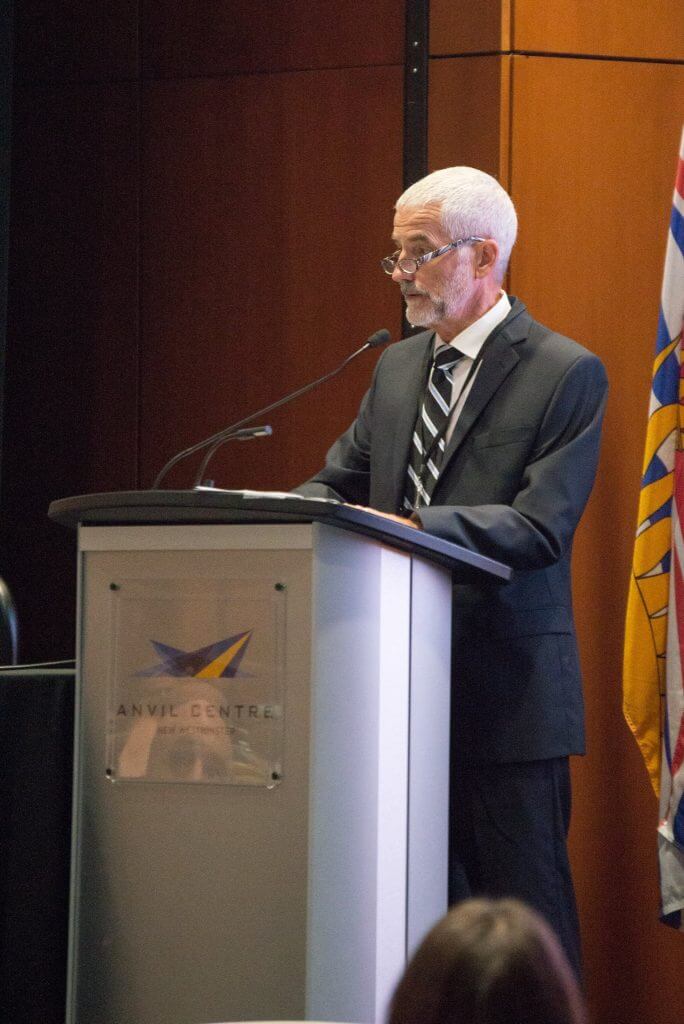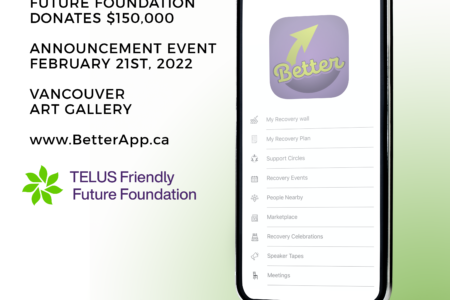Recovery Oriented Systems of Care
Addiction Recovery StoriesAddiction Solutions with Recovery -Oriented Systems of Care

Inspired by the growing grassroots movement of people successfully recovering from addiction and mental health problems, we are beginning to see fundamental transformation in our systems of addiction and mental health service delivery. When we attempted to treat addictions, notoriously chronic by nature, using an acute care model using brief bouts of intensive specialized treatment, we often experienced frustration when our patients relapsed requiring yet another expensive bout of intensive specialized treatment.
Patients suffering from other chronic diseases like diabetes, hypertension and atherosclerotic heart disease receive stepped, longer-term disease management beginning with specialized evaluation and stabilization then shifting to community-based supportive continuing care.
Addiction treatment programs with superior outcomes engage clients for a much longer period, understanding that initial intensive treatment (diagnostic assessment, stabilization, withdrawal management, motivation/ psycho-education, medication management) is merely initiation of recovery, or the beginning of the journey. They engage their clients using motivational interventions, utilize community and family reinforcement techniques, assertively link their clients to mutual support groups, and arrange for monitoring using contingency management and offer family education and support programs.
What is Recovery from addiction?
If we are going to transition towards a Recovery-Oriented System of Care (ROSC) we must shift from mostly crisis oriented, deficit-focused, professionally directed treatment towards Recovery Management: stepped continuing care, client-centered, strength-based services – delivered mostly in the community. When our newly recovering clients encounter volunteer recovering peers they experience hope as they see that their own recovery is attainable along multiple pathways and that life in recovery is worth working for. Recovering volunteers and trained paraprofessional recovery coaches along with primary healthcare professionals provide long-term community-based support following a clear set of values and principles.
Recovery homes, schools and workplaces provide longer term supportive stability for those months of fragile early recovery.
Relapse is interpreted as an indicator of insufficient current coping skills and community support (Recovery Capital) rather than simply patient resistance or voluntary non-compliance. Ongoing accountability and support is achieved through telephonic follow-up, online and electronic supports and recovery recheck visits with case managers and primary healthcare providers.
Making the shift to ROSC is worth the effort. Benefits are seen not only in clients and their families, but also in improved morale and performance of agency staff as they implement the principles and values of recovery.
Originally Published in the Recovery Capital Conference Magazine




